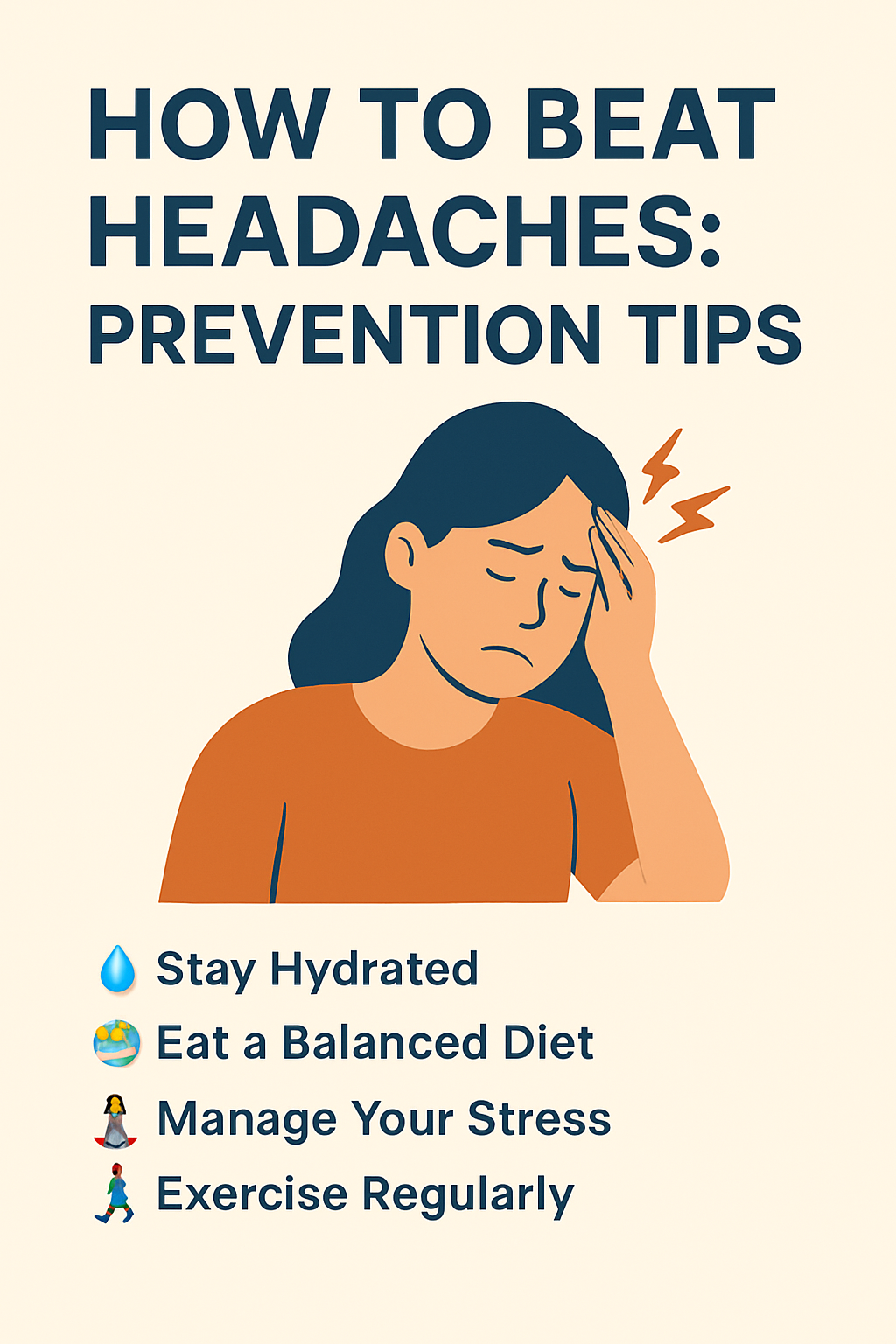Nutrition
Our Bodies Need Energy
Our bodies require energy to stay active and perform all the essential functions that keep us alive. We mainly get this energy from the food and drinks we consume—especially carbohydrates, proteins, and fats. However, it’s not just about eating enough; it’s about eating right. Therefore, finding the right balance between these nutrients is key to maintaining a healthy diet.
In addition to these macronutrients, our bodies also need vitamins, minerals, dietary fibre, and water to function optimally. Without them, even a calorie-rich diet may still leave us feeling tired or unwell.
The Five Basic Food Groups
To meet our nutritional needs, we should include a variety of foods from the five basic food groups:
Starchy foods: bread, rice, potatoes, pasta, and other grains
Fruits and vegetables
Milk and dairy products
Protein sources: meat, fish, eggs, beans, and non-dairy alternatives
Foods and drinks high in fat and/or sugar
Each group plays a vital role. For example, starchy foods provide energy, while fruits and vegetables supply essential vitamins and fibre. Similarly, protein supports muscle repair, and dairy contributes calcium for strong bones. Although high-fat and high-sugar foods can also provide energy, they should be eaten in moderation.
What Is Energy Density?
Not all foods give us the same amount of energy. In fact, foods vary in what’s known as energy density, which refers to the number of calories per gram. For example, fruits, vegetables, and lean proteins tend to have low energy density, meaning they fill you up without adding too many calories. Conversely, fried snacks, chocolate, and sugary drinks have high energy density and can contribute to weight gain if eaten too often.
That said, not all high-energy foods are bad. For instance, nuts are calorie-dense but packed with healthy fats, fibre, and nutrients. So, it’s the quality and quantity that matter.
Building a Balanced Plate
To help manage energy intake, it’s useful to focus on lower-energy-density foods. A simple rule of thumb for building a healthy meal is to divide your plate into:
1/3 starchy foods (e.g., bread, rice, potatoes, or pasta)
1/3 fruits and vegetables
1/3 protein sources (e.g., meat, fish, eggs, beans)
This method not only supports balanced nutrition but also helps control portion sizes and maintain a healthy weight.
Why Do We Gain Weight?
Weight gain occurs when we consistently eat more energy than our body needs. The excess energy is stored as fat. Over time, this can lead to overweight or obesity. In the UK, around 25% of adults are obese, with an additional 42% of men and 32% of women classified as overweight.
This isn’t just a cosmetic issue. A poor diet, particularly one low in fruits and vegetables, puts additional strain on weight-bearing joints like the knees, hips, and spine. As a result, the risk of joint conditions such as osteoarthritis increases significantly.
Moreover, being overweight can slow down healing, weaken bones, and increase the risk of other health problems. Diets high in pro-inflammatory foods—including processed grains, fried foods, excess sugar, and some types of dairy—can worsen inflammation and prolong pain. Furthermore, excess body fat disrupts the balance of essential fats in the body, increases insulin levels, and raises the risk of Type 2 diabetes.
Reducing Inflammation Through Diet
Thankfully, dietary choices can help reduce inflammation. While acidic foods like meat, cheese, and grains may increase inflammation, alkaline foods—such as fruits, vegetables, spinach, and potatoes—can help counteract this effect. Including more of these in your meals may help to reduce discomfort and improve joint health.
Over time, chronic acidity may even weaken bones and contribute to persistent pain. Therefore, managing the body’s pH through better food choices is essential for long-term wellness.
The Role of Free Radicals
Beyond diet, free radicals—unstable molecules created by oxygen, exercise, pollution, and processed foods—can damage cells and contribute to inflammation. This oxidative stress is linked to serious health issues, including arthritis, heart disease, and cancer.
Antioxidants: Your Body’s Defence
Fortunately, antioxidants help to neutralize free radicals. They protect your cells, reduce inflammation, and support your immune system. You can find antioxidants in a wide range of whole foods, especially:
Fruits (e.g., berries, oranges, grapes)
Vegetables (e.g., spinach, kale, broccoli)
Nuts and seeds
Whole grains and legumes
A balanced diet rich in these foods is far more effective than relying on supplements alone. While supplements may be useful in some cases, they should never replace nutrient-rich, whole foods. If supplements are necessary, it’s best to choose high-quality products and seek professional advice.
In Summary
Eating well is about more than just calories. It’s about giving your body the nutrients it needs to function, repair, and thrive. By choosing a balanced, nutrient-dense diet, you can:
Support healthy weight management
Improve joint and bone health
Reduce inflammation
Strengthen your immune system
Lower the risk of chronic disease
For more advice, contact Isis Chiropractic Centres.
More information:
British Nutrition Foundation: www.nutrition.org.uk
Reference:
Curr Opin Rheumatol. 2009 Jan;21(1):71-7. Obesity and the musculoskeletal system – Anandacoomarasamy A, Fransen M, March L. Institute of Bone and Joint Research, Royal North Shore Hospital, Sydney, NSW, Australia.



